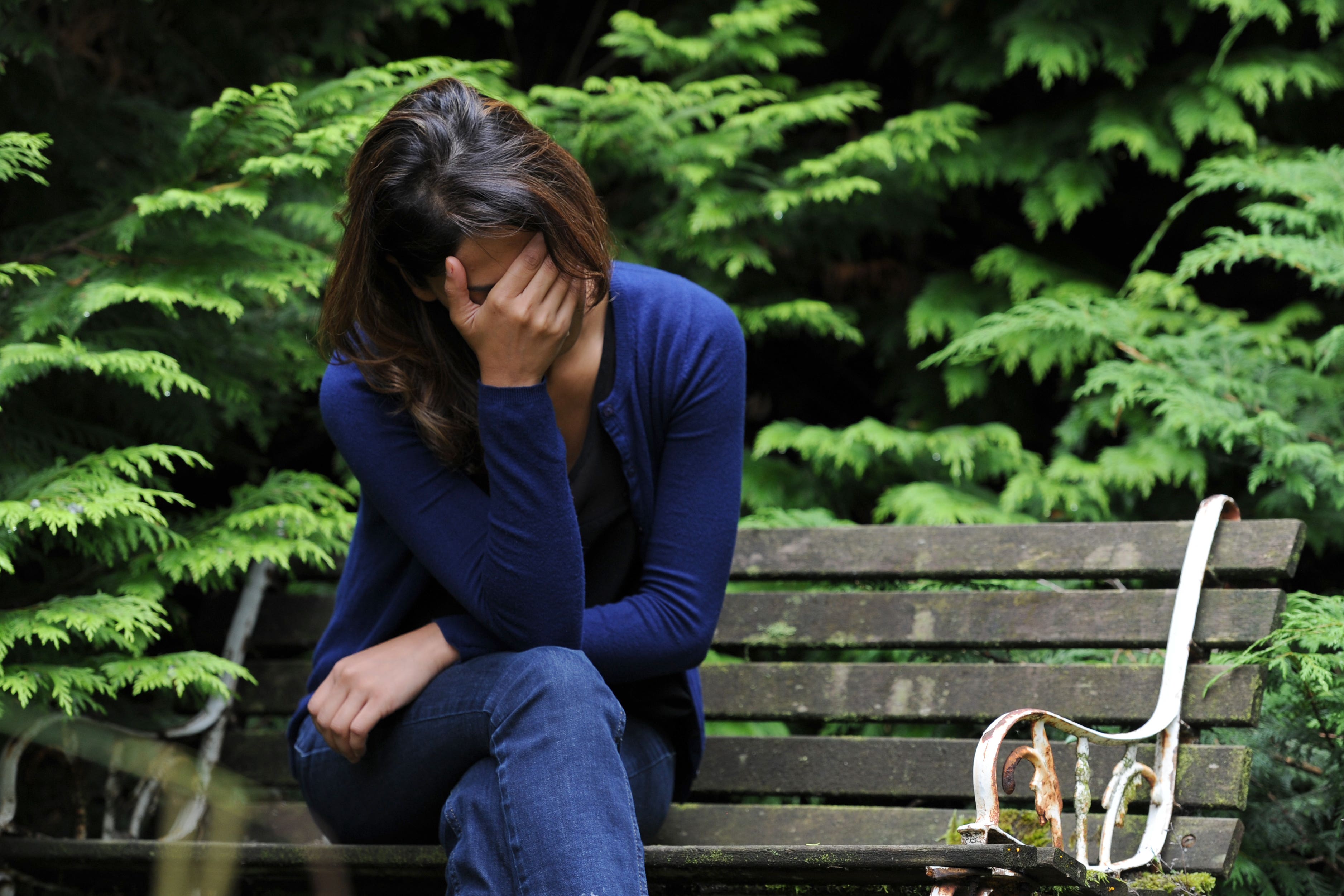Losing a loved one may speed up ageing – study
Suffering a loss at any age could have an impact on health, researchers suggest.

Losing a loved one may make you age faster, a new study suggests.
Suffering a loss at any age could have an impact on health, but researchers say the effects might be more severe during childhood or early adulthood.
The impact of the death of a loved one on biological ageing can be seen long before middle age and may contribute to health differences among different ethnic groups, the scientists suggest.
People who experienced two or more losses had older biological ages according to several measures, the study found.
We still don’t fully understand how loss leads to poor health and higher mortality, but biological ageing may be one mechanism as suggested in our study
Experiencing two or more losses in adulthood was more strongly linked to biological ageing than one loss, and significantly more so than no losses.
Research suggests that losing a close family member at any age poses health risks, and repeated losses can increase the risks of heart disease, earlier death, and dementia.
Lead author Allison Aiello, from Columbia University Mailman School of Public Health and the Butler Columbia Ageing Centre, said: “Our study shows strong links between losing loved ones across the life course from childhood to adulthood and faster biological ageing in the US.”
She added: “We still don’t fully understand how loss leads to poor health and higher mortality, but biological ageing may be one mechanism as suggested in our study.
“Future research should focus on finding ways to reduce disproportionate losses among vulnerable groups.
“For those who experience loss, providing resources for coping and addressing the trauma is essential.”
Biological aging refers to the decline in functioning of tissues and cells in the body, as opposed to chronological age.
The researchers used data from the American National Longitudinal Study of Adolescent to Adult Health, which started in 1994-95, and followed people from their teenage years into adulthood.
The study looked at losses experienced during childhood or adolescence (up to 18 years old) and adulthood (19 to 43 years old).
Biological age was assessed based on levels of DNA methylation – a type of chemical modification of DNA that is used to estimate biological age.
According to the findings, nearly 40% of those in the study experienced at least one loss in adulthood between the ages of 33 and 43.
Parental loss was more common in adulthood versus in childhood and adolescence (27% versus 6%).
The study also found that a larger proportion of black (57%) and Hispanic (41%) people in the study experienced at least one loss compared to their white counterparts (34%).
Dr Aiello said: “The connection between losing loved ones and health problems throughout life is well-established.
“But some stages of life might be more vulnerable to the health risks associated with loss and the accumulation of loss appears to be a significant factor.”
For example, losing a parent or sibling early in life can be very traumatic, often leading to mental health issues, cognitive problems, higher risks of heart disease, and a greater chance of dying earlier, the experts say.
The findings are published in the Jama Network Open journal.
Bookmark popover
Removed from bookmarks